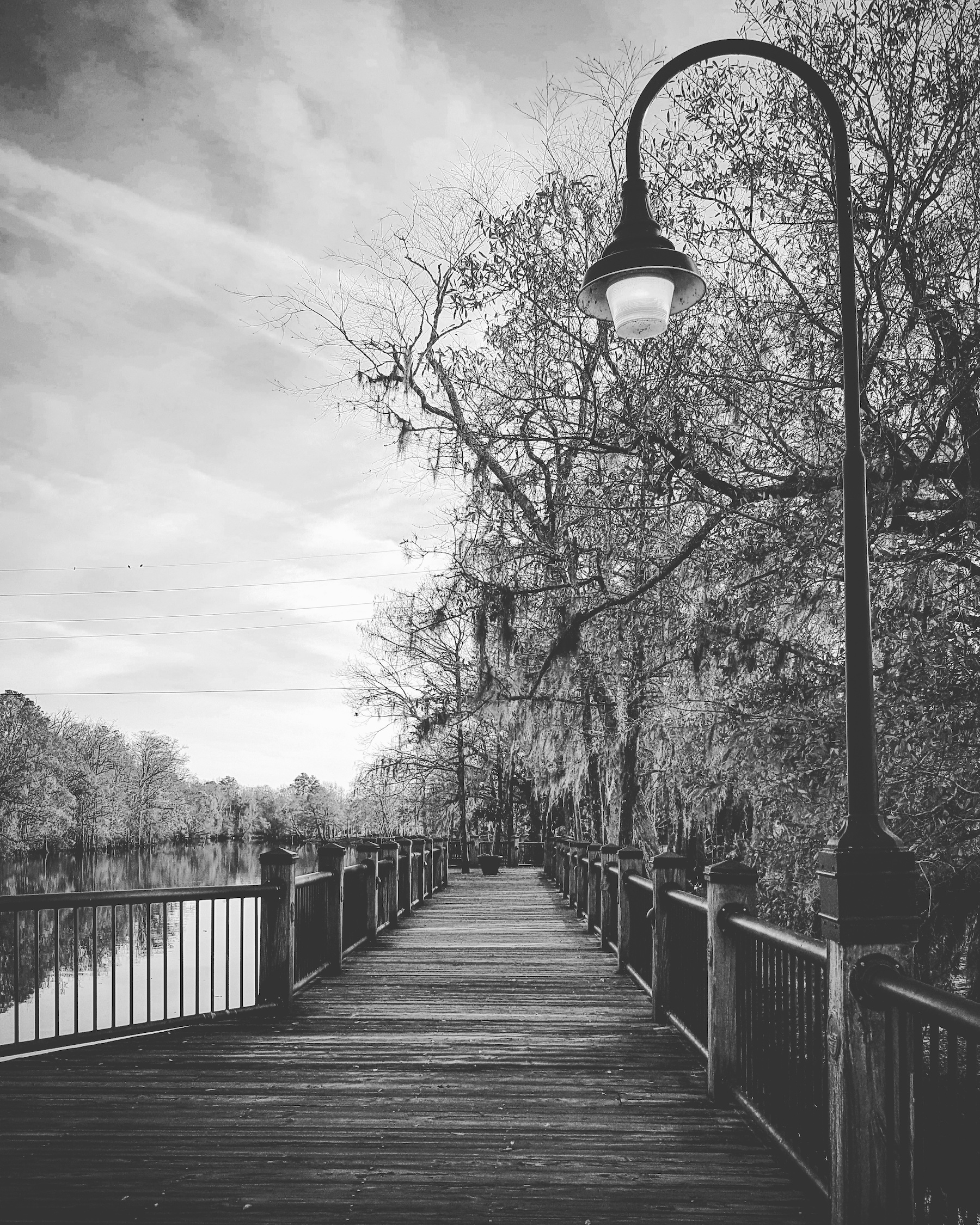Issue 18
Jay counts out her regrets in the grooves of one-dollar casino chips, spends half of them at the blackjack table with the lowest entry and…
The gymnasium sweats. It’s autumn by the calendar, by the start of the new school year, by the way the store displays are all lined…
1. Clover mites march out of the library’s foundation, and Alex crushes them with his thumb. They mark him like freckles, like scabbed over zits,…
there is a phrasing in Oshiwambo that states: Owuhenda nandjila iha tandilwa amu lalo— a traveller can’t be denied a home I am five hundred…
from the kitchen table you hear a familiar last name comma first name and see white light see a face you’ll only ever know from…
It was the night when she first peered at stars. No, it was the curse of being chosen by men, goddesses and heroes frozen at…
This aberration, sun refracted through illogical beads of falling rain, up north they give a pretty name—sunshower— as if a freak could thus become a…
with a metaphysic touch I question I like a brush in motion to stroke a backdrop for a cup lip to a lipped face…
From Gk. tragos, “goat” + oide, “song” Like melodious goats: or Leporello listing off a cavalcade of conquests, or masquerading as Don Giovanni. Donning goatskins—like…
THIS AREA IS shades, mangroves hovering out of themselves. Tilt-a-world undersides of palms with that voodoo skullshine. A default transparency. Stock shot: green on green.…
Dear Suki: Great Smoky Mountains, then the temperature started to drop, dropping still as the earth felled away from its repose and I, tipped the…
Refill the black oil sunflower seeds for cardinals, titmice, wrens. Replace the suet cake for downy woodpeckers, flickers, grackles that will eat it down to…
Old English treo, treow, from Proto-Germanic *treuwaz-, from PIE *deru- Being ‘firm’ and ‘solid’. And ‘steadfast’. Being also bigger than life. And ageless, like a…
Running in Central Park again. That morning six miles. The day before, five. Running from my husband’s EKGs, running from those words – unknown risks.…
Turn the lights off. Gaze into a mirror and repeat “Bloody Mary” three times. In its origin, the game was played as a bonding ritual…
If you had asked me, when I first came out as transgender, if I wanted to be seen, I would have said yes. I wanted…
“Play with Fire” Many people find interest in the complication of the self. This woodcut print details the nature of movement while keeping active shapes…
